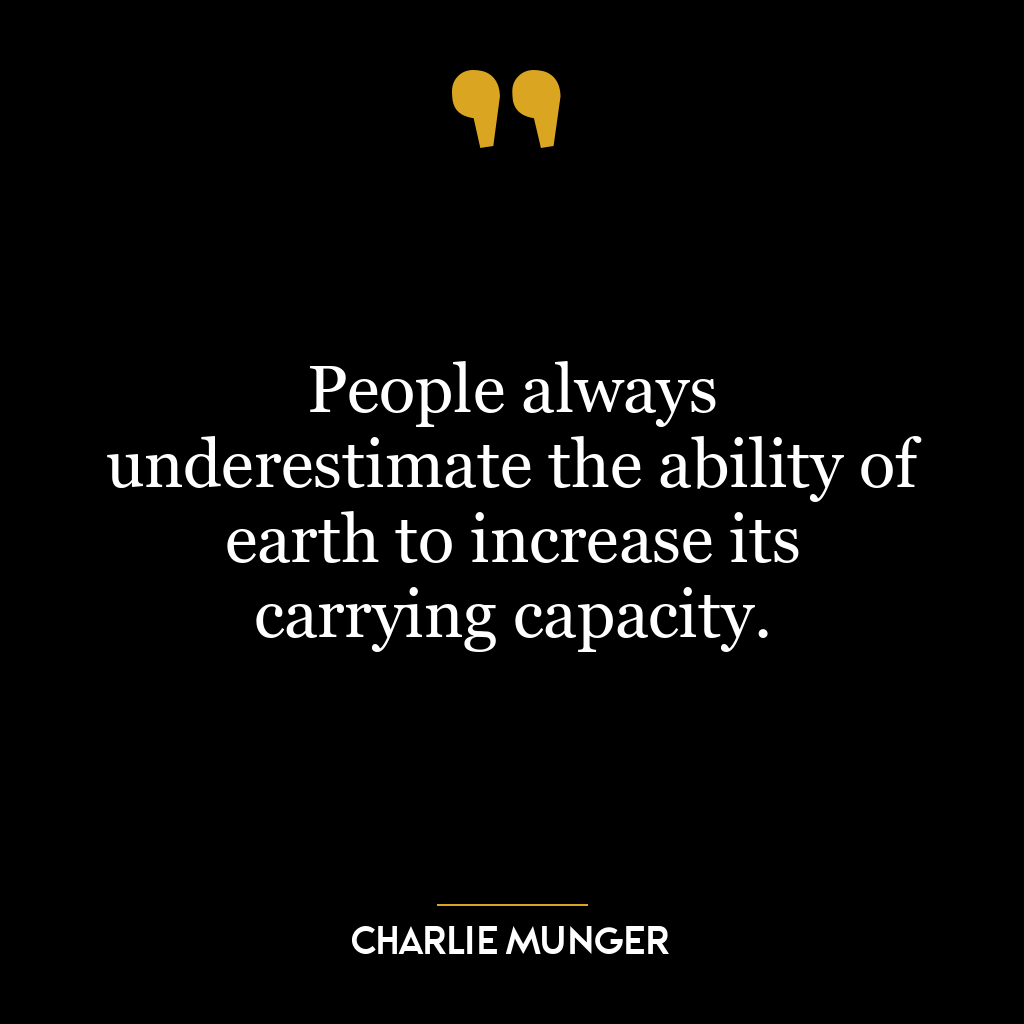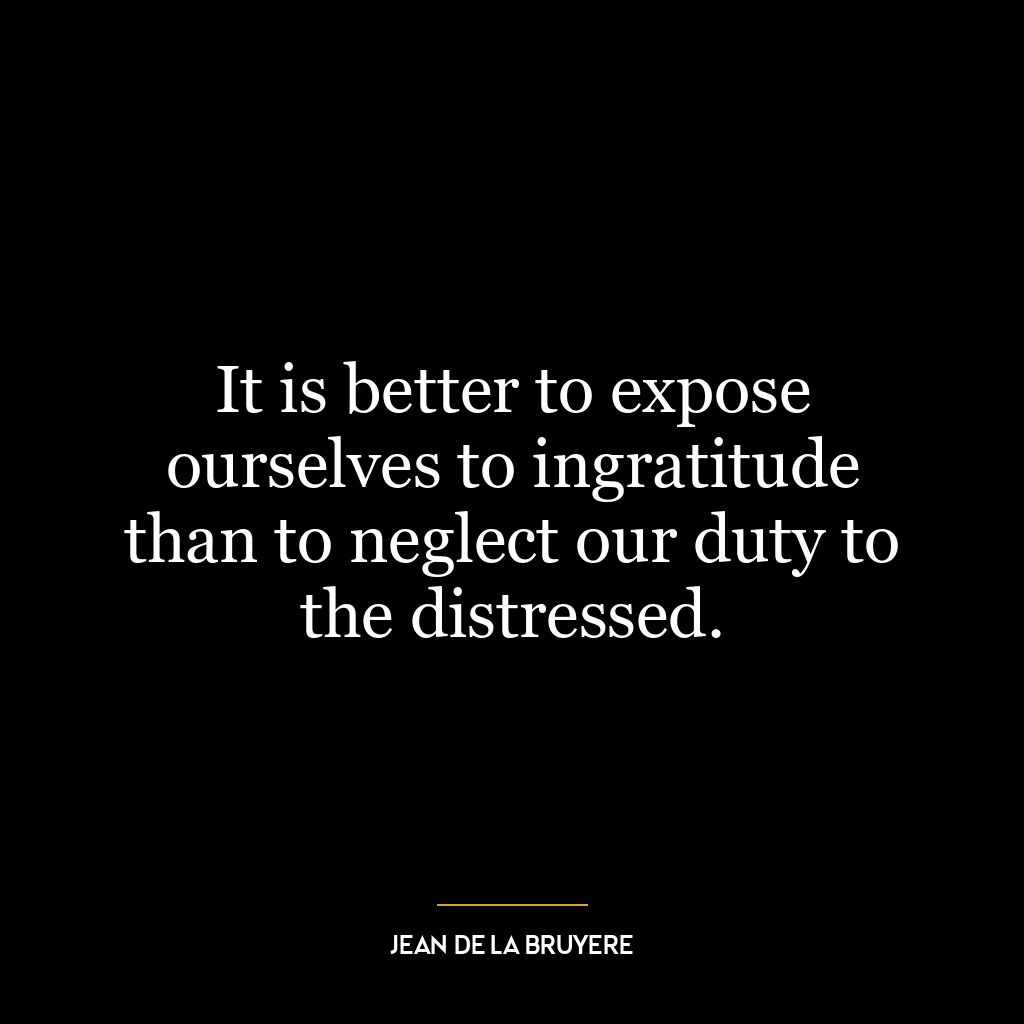Philosophy teaches us to bear with equanimity the misfortunes of others.
This quote suggests that the study of philosophy helps us to maintain a calm and composed attitude when we witness the misfortunes of others. Equanimity, in this context, refers to mental calmness, composure, and evenness of temper, especially in difficult situations. Essentially, Wilde is implying that philosophy equips us with the emotional tools to handle the suffering of others with grace and understanding, rather than reacting impulsively or being overwhelmed by their pain.
Philosophy encourages us to critically analyze our emotions, reactions, and beliefs. It makes us question why we feel the way we do and whether our reactions are justified or beneficial. This introspective process can help us to develop a more balanced and calm disposition, especially in the face of adversity.
From a broader perspective, this quote can be seen as a commentary on empathy. Empathy is the ability to understand and share the feelings of others. While empathy is generally considered a positive trait, it can also lead to emotional distress if we become too consumed by the suffering of others. Philosophy, according to Wilde, provides a framework for managing this distress and maintaining emotional balance.
In today’s world, this idea is particularly relevant. We are constantly bombarded with news of tragedies and injustices, which can be overwhelming and emotionally draining. By practicing philosophical inquiry, we can learn to process these events in a more balanced way, preventing emotional burnout and enabling us to offer effective support to those in need.
In terms of personal development, this quote encourages us to cultivate emotional resilience and a balanced perspective. By studying philosophy, we can develop a deeper understanding of our own emotions and reactions, and learn to manage them more effectively. This can improve our relationships, our mental health, and our overall quality of life.








